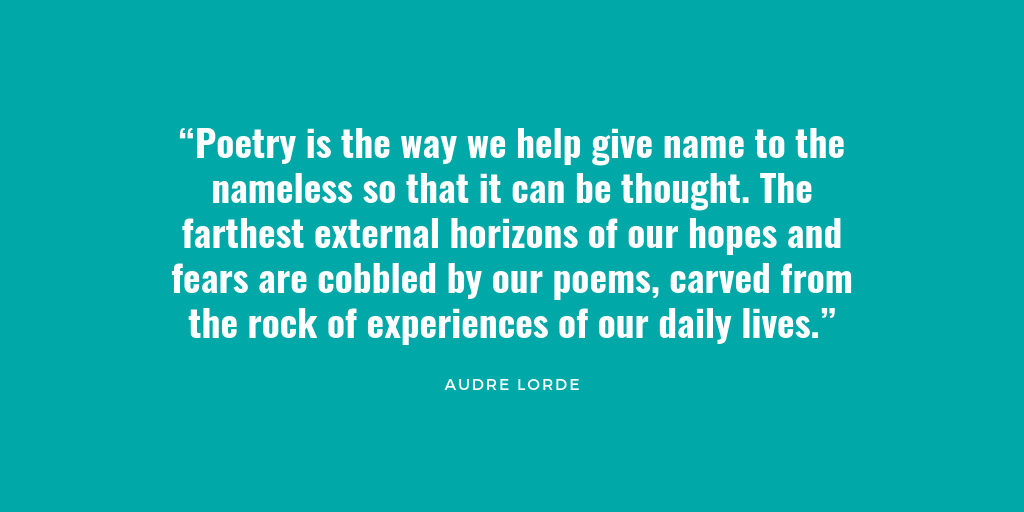August 2019
Leveraging Data to Support Economic Justice Policy Campaigns in New Mexico
Overview
With the third-highest level of working poverty in the country, many New Mexican families are already struggling to make ends meet, and predatory financial services further strip their wealth and exacerbate financial insecurity. The New Mexico Center on Law and Poverty (NMCLP) is working to protect low-income communities from predatory lenders and tax preparation services. PolicyLink, Program for Environmental and Regional Equity (PERE) at the University of Southern California, and NMCLP, with support from the W.K. Kellogg Foundation, co-produced two fact sheets: one highlighting the impact of predatory lenders on Native American communities, and one describing how expensive tax preparation services cost New Mexican families up to $54 million in 2015. These tools will support NMCLP’s policy campaigns to regulate predatory financial services and protect working families. Download Ensuring New Mexicans Receive Their Full Tax Refund and New Mexicans Deserve Fair Loans.
